Living with asthma often feels unpredictable. Some days you breathe with ease; other days, you’re caught off guard by a sudden flare-up. Amid doctor visits, medications, and daily routines, it’s easy to overlook the patterns in your asthma journey. That’s where journaling can help.
A simple pen-and-paper (or digital) habit can unlock deep insights into your triggers, emotional state, and response to treatments. In this blog, we’ll explore how journaling can help with asthma self-awareness and give you practical prompts to get started.
Why Journaling Matters for People with Asthma
Asthma doesn’t follow a one-size-fits-all script. Everyone’s triggers, symptoms, and reactions vary. Journaling can help you:
- Identify triggers & patterns (e.g., worsening symptoms during monsoon or after eating a certain food)
- Track emotional triggers like stress or anxiety
- Monitor medication effectiveness
- Improve communication with your doctor
- Feel in control of your condition
How to Start Your Asthma Journal
You don’t need to be a writer or journal every single day. Even writing 2-3 times a week can bring clarity. Use a notebook, a notes app, or a habit tracker or whatever works best for you. You can also try asthma-specific apps that let you write notes after logging symptoms.
15 Powerful Journaling Prompts for Asthma Self-Awareness
Understanding Your Triggers
- What did I eat, smell, or come in contact with today that might have affected my breathing?
- Was I in a new environment (like a hotel, office, or friend’s house)? Did I notice any reaction?
- How did the weather or air quality today affect my asthma?
Reflecting on Symptoms
- When did I first feel tightness in my chest today? What was I doing at the time?
- Were there any early warning signs before my symptoms started (like sneezing, throat itchiness, restlessness)?
- How did I feel after using my inhaler or nebuliser? Was the relief immediate or gradual?
Exploring Emotions & Stress
- Did I feel anxious, sad, or overwhelmed today? Did it coincide with any asthma symptoms?
- What thoughts or emotions do I associate with my asthma attacks?
- How do I usually cope emotionally when I feel breathless or have an asthma flare-up?
Tracking Lifestyle and Habits
- How much sleep did I get last night? Did it affect my breathing today?
- Did I drink enough water today? Eat anything unusual?
- Did I exercise today? How did my body and lungs feel before, during, and after the activity?
Medication and Care
- Did I remember to take my preventive medications today? If I skipped, why?
- Do I feel that my current asthma action plan is helping? What would I like to discuss with my doctor?
- What asthma-related questions do I want answers to right now?
Bonus Prompt:
📝 “Today, I am grateful that…”
End your journal entry with one thing you’re thankful for—small or big. It helps shift the focus from fear to empowerment.
Real-Life Example: A Personal Note
While I’m not always consistent with journaling, I’ve realized how valuable it can be for asthma self-awareness. Recently, I started using Apple’s new Journaling app, and it has made the process much easier for me. It gently reminds me to log my thoughts, and having it right on my phone means I can quickly note down anything unusual about my breathing, my triggers, or my emotional state—even if it’s just a few lines.
It’s not about being perfect. It’s about building small habits that help you understand your body a little better every day.
Tips for Making Journaling a Habit
- Keep your journal visible, by your bedside or on your phone’s home screen
- Set a timer for just 5 minutes
- Use voice notes if writing feels like a chore
- Be honest, no one else is reading it
- Don’t judge your entries, this is only for you
Final Thoughts
Asthma management isn’t just about inhalers and doctors. It’s about knowing your body, your environment, and your emotions. Journaling gives you that window into your daily life, a space to connect the dots, listen to your body, and make informed decisions.
So grab a notebook or open a new note. Let your breath guide your words. Please share your experience with everyone in the asthma friend community.







